To most audiences, Jay Pharoah is a keen impressionist with stalwart acting abilities and a smug, savvy sense of humor that have made his talents applicable to sketch shows such as NBC’s Saturday Night Live, comedic series such as Showtime’s White Famous, films such as director Steven Soderbergh’s Unsane, and roles in animated flicks such as Sing and cartoon TV series such as Family Guy, BoJack Horseman and Robot Chicken.
Beyond regularly televised flights of fame, Pharoah is tops in the world of stand-up where he headlines comedy clubs across the globe – like his just having returned from a tour of Australia when he and I spoke to the opening dates of his new US tour: December 9 through 11 at Philadelphia’s Punch Line, January 5 through 7 at San Francisco’s Cobb’s Comedy Club, January 13 through 15 at the Houston Improv Comedy Club in Texas and more.
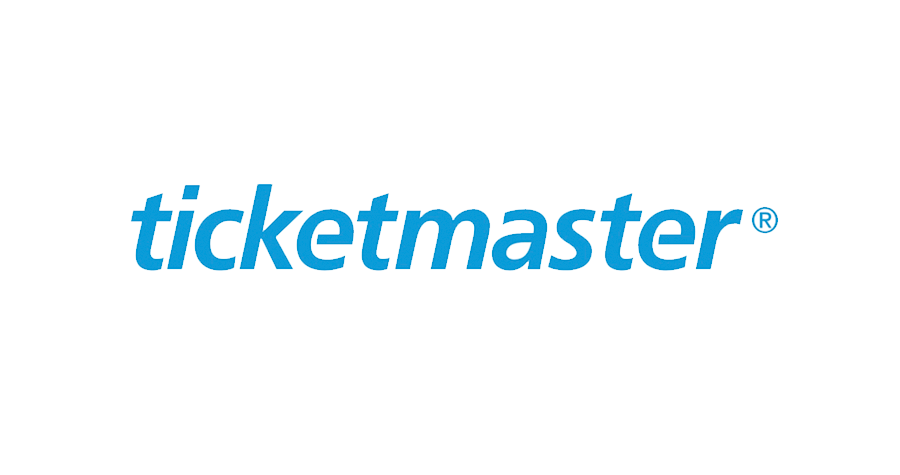
Jay Pharoah: I’m just coming in from Australia, an 18-hour flight, so I’m still clearing my head.
A.D. Amorosi: Do you think that the audiences in Australia laugh at the same things Americans do? How did you go over?
Jay Pharoah: If you can make people who are not where you are from fall out of their chairs, it’s a pretty good and ubiquitous product. That’s what I have. And Australia is like America 25, 30 years ago – without being super offended by anything. If it’s funny, it’s funny. They don’t care. There’s no cancel culture there. Just connections and punch lines.
A.D. Amorosi: Have you had rough, cancel-able moments in America as yet?
Jay Pharoah: I teeter the line pretty well. I’ve learned how to craft my jokes in such a way as to show both sides of a perspective, good and bad. As long as you have a lucid point that people can understand where you’re coming from… hey, proof is, that I haven’t been cancelled yet.
A.D. Amorosi: Not long ago I did a feature on comedy club heckling at Philadelphia Weekly. Stand-ups such as Steve Hofstetter and Shane Giliis seem to thrive on the interaction while other stand-up comics do not, and shut it down immediately. What is your take?
Jay Pharoah: As a representor of the art and the craft of stand-up comedy, I think it’s important to be as authentic as yourself when onstage as possible. I was raised in a very respectable household. There are ways for you to exist, to be able to craft jokes. Some artists like to sit in the uncomfortable-ness. If you sit there, and there’s no other side to it – if you leave it open ended – you leave room for people to interact with you. When you have a joke, don’t leave it open-ended. It’s more digestible that way.
A.D. Amorosi: That’s very diplomatic. You mentioned your upbringing, one I know caused you pain due to shyness, weight gain and depression – the struggles that many teens have – and found theater and stand-up as your tonic, something healing. How did stand-up save you, offer you a place of light?
Jay Pharoah: Stand-up and all performing gave me an outlet. On stage, whether acting and playing another character or doing stand-up and sharing your own opinion and observations, you get away from your problems. You’re talking about them, putting them out there. Somebody else in the crowd may just latch onto that, and forget their own problems, too. Theater and stand-up definitely saved my life by giving me an outlet to not keep things, painfully, inside. Comedy and theater are therapy for me, and hopefully for others.
A.D. Amorosi: Do any of your earliest inspirations still thrill you enough so that we’d feel them onstage?
Jay Pharoah: I ca definitely say that when I’m on stage, the people I look up to – Chris Rock, Dave Chapelle, Bernie Mac, Robin Harris, Richard Pryor, George Carlin and of course, Eddie Murphy – still shine through.
A.D. Amorosi: Thank you for mentioning Bernie Mac and Robin Harris.
Jay Pharoah: Oh, yeah. I still love hearing about a Chris Rock show, how he’s taking his comic strides and flipping them from his last special, and the special before that. I also like defying expectations and doing things that no one has ever done in comedy. Look at people like Jake Paul and Logan Paul. Have you ever thought these guys would ever do what they are doing now? People who are always evolving, always changing.

A.D. Amorosi: What is the first element of a great impersonation: finding the voice or making sure that voice has something funny to say?
Jay Pharoah: The first thing is actually liking the person that you are imitating. If you don’t like them – be a fan – you won’t find that joy. From there, from having all knowledge of them, you can do anything. Then find a quirk about that person that no one ever imitated or noticed before and repeat it, over and over, because once you show that, people will not ever forget it. When I first started doing Ben Carson, the first thing I noticed was his hands. His frigging hands were like a cat, they moved weirdly. I mean, I found him odd and funny to begin with, but those hands really stuck out. After I did Carson, when people would ask to take photos with me, they asked if I could do the hands, and if they could do the hands as well. “You noticed it too.” You make it big – paint a mural so that everyone can see what you’re seeing. Then, you get the voice down, and totally becoming that person.
A.D. Amorosi: Asking you SNL questions now are boring as it is past in your employment and past in your psyche. The only thing I want to know is how did its discipline, that work ethic, that carries in to what you do now?
Jay Pharoah: Absolutely. If you don’t count the pandemic, it is four years ago that I left SNL, and if you are counting, it is six. The work ethic at SNL definitely translates to everything I do. There’s no other place like it, that grind. The first day, you’re pitching an idea, the next day, you’re writing it, the fourth day you’re practicing it, and the sixth day, it’s on air. That turns you into a machine for cranking out new material, keeps your mind sharp, active and disciplined. Keeps you on a schedule. I think that SNL has allowed me to articulate who and what I am as an artist better. I can make the points that I want to make, better, because of my time on that show. Imagine if you had to audition for your job every week? You’d have to be on point. That’s SNL. You go through the fire, and every other job you take or make is cake in comparison. It’s comedy boot camp, bro. You could conquer any project before you because you had your ass whipped regularly. You’re a Spartan, a super-well-posed soldier of life and comedy. You figure it out, because if you don’t, you don’t get on the show, and If you don’t get on, you don’t get paid. I’m thankful.
A.D. Amorosi: You mentioned the pandemic, so I’ll bring up something even more unbearably horrible: your 2020 encounter with Los Angeles police where an officer knelt on your neck in the same manner as that which caused the murder of George Floyd. That’s insane. Number one, what were you thinking as you went through that horror?
Jay Pharoah: The first thing I was thinking was what the hell did I do. There are guns on me – why? Why am I getting messed with? Am I going to get through this situation? Listen, I had Bose noise cancelling headphones on when this happened. All of the things that were happening around me… when you are in your zone, exercising, you are not really paying attention. Luckily, when I was running, the app that I had on, told me to slow down, start walking. So I didn’t run through the situation because of that. And I saw the police officer with the handgun coming up to me, running to me. Had I been running through the situation and not walking, things could have fared different for me. That didn’t happen, luckily. I had God watching over me. I made it through.

A.D. Amorosi: How did frightening incident – getting through it or not – change you as an artist and as a person and what you would do next?
Jay Pharoah: Comedically, it has turned me into an even more poised artist. I do a bit about it in my upcoming set, but it also made me delve into my soul and my psyche so to talk about other things in the world that I have a problem with, that I have disdain for. It boosted me and it opened me up. I got a slice of life that I had not experienced before. Coming from such a sheltered household, I’m thankful that I got a chance to go through it, and make it through. Anything could have happened that day. It changed me, turned me into a better comedian. Everything that is going on in the last several years has made me into a better comedian, but that was an eye-opening experience. If you never had that happen to you before… that changes your mindset. You start noticing things about the world, you didn’t notice before. Whether it is with a job, a relationship with a woman, or the police, you see all of its facets differently. Life becomes a diamond – a piece of coal going through the fire. You’re not trying to come through the flames to stay that piece of coal. You want to be a diamond. If you stay coal once you’ve come through that fire, you are dead.

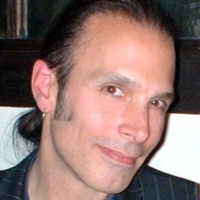
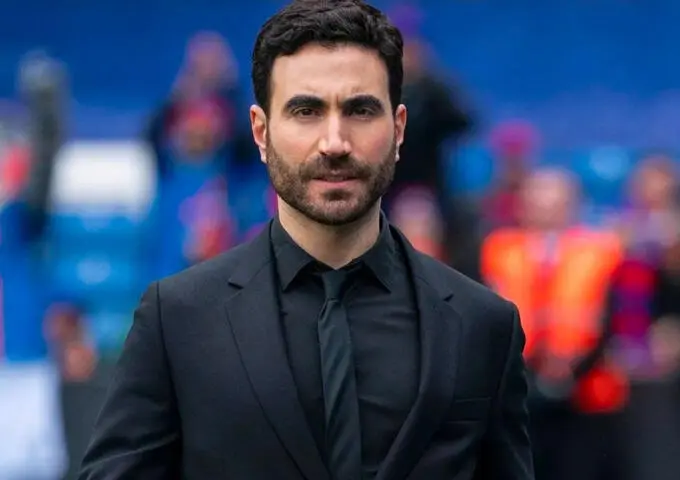
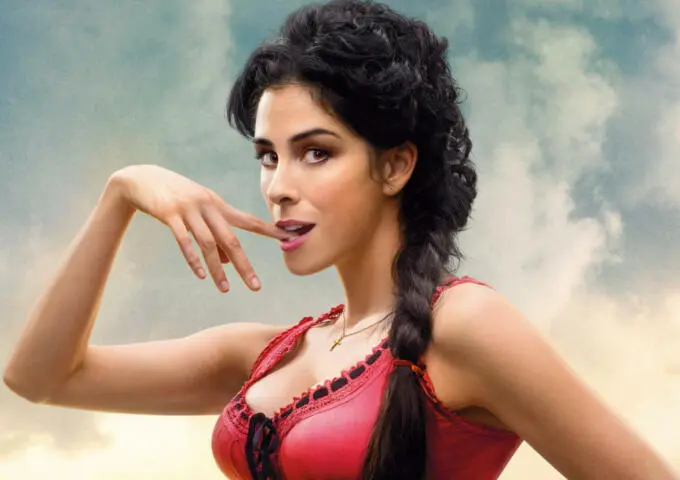
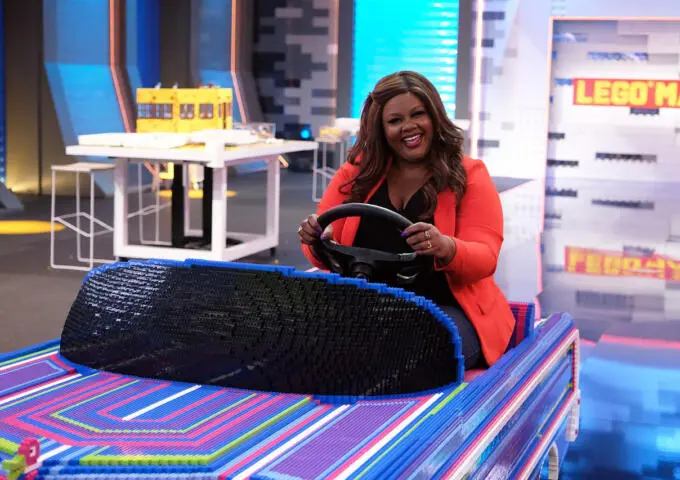
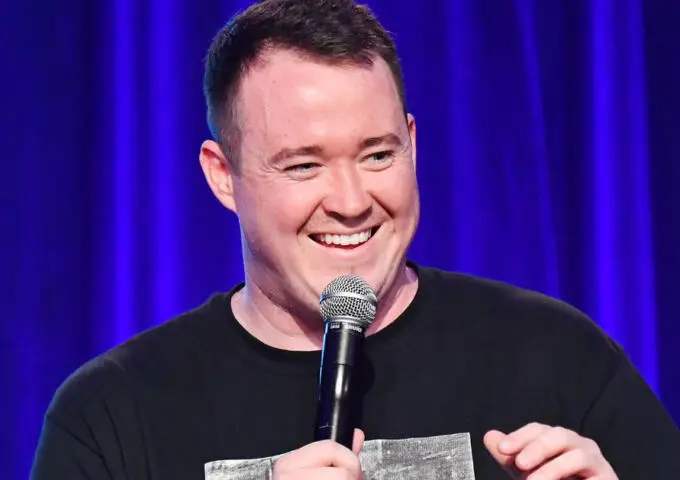
Leave a Reply